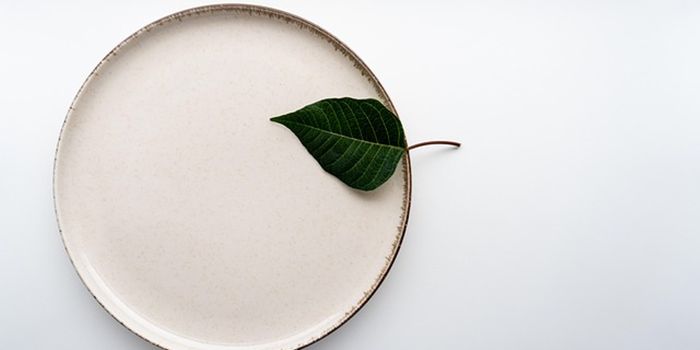

As I sat at my dining room table eating an entire bag of lychees with my girlfriends, I began to question whether or not I could excuse my late-night snacking because of how potentially nutritious the fruit could be. After all, I'm all too familiar with the indisputably negative effects of
eating late at night.
Sure, the crazy high levels of natural sugars in the fruit don't leave much room for excuses; there are about 29 grams of sugar in just one cup of lychees. However, in my defense, I now know for certain that lychees are highly nutritious.
A lychee is a small and sweet fruit found mostly in South Asia. Its fragrant juicy flesh is protected by a thin rough shell. Just one of these small fruits contain about 11 percent of the daily recommended dose of vitamin C, based on a 2000 calorie diet. Vitamin C strengthens the immune system and helps protect that body against foreign invaders and illnesses. The vitamin is water soluble and thus can’t be stored in the body; so it's important to have a constant intake of it.
Lychees are filled with additional antioxidants, including vitamin B complex, the bioflavonoid rutin, and phytonutrient flavonoids. Antioxidants inhibit the ultimately-damaging process of oxidation, according to
the Journal of Biological Chemistry. Oxidation causes oxygen molecules to split into free radicals. The process can cause premature aging, which is associated with deteriorating bone density, an increased risk of developing an illness, and wrinkles.
The fruit also contains high amounts of fiber. According to a 2010 study published in the
Open Access Human Nutrition Journal, “epidemiological and clinical studies demonstrate that intake of dietary fiber and whole grain is inversely related to obesity, type two diabetes, cancer and cardiovascular disease (CVD)."
The fruit has a relatively short season; only about six weeks in the summer. They’re difficult to find in American markets and can be daunting to eat if you’ve never tackled the task before.
That said, in my humble opinion, they’re totally worth the hassle.
Sources:
The Journal of Biological Chemistry,
Open Access Human Nutrition Journal,
Lychees Online

 As I sat at my dining room table eating an entire bag of lychees with my girlfriends, I began to question whether or not I could excuse my late-night snacking because of how potentially nutritious the fruit could be. After all, I'm all too familiar with the indisputably negative effects of
As I sat at my dining room table eating an entire bag of lychees with my girlfriends, I began to question whether or not I could excuse my late-night snacking because of how potentially nutritious the fruit could be. After all, I'm all too familiar with the indisputably negative effects of 







